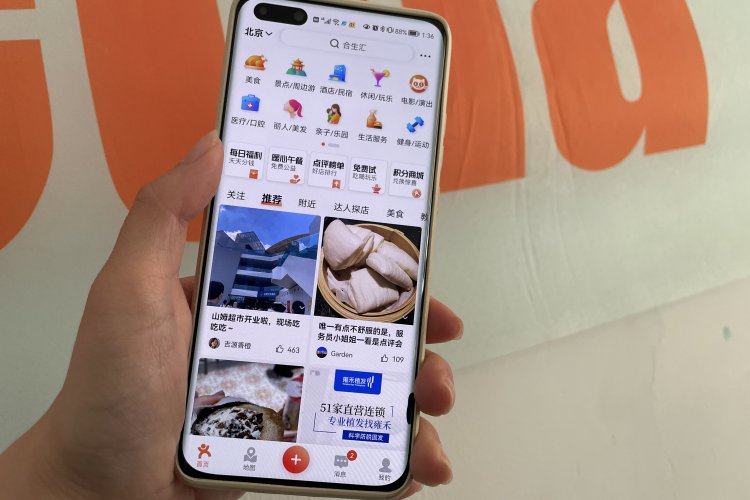No Free Lunch: Hidden Fees and Loan Service Scandal Rocks E-Commerce Platforms
It's no secret that with the development of e-commerce and cashless payments, spending money has never been easier. However, it's also no secret that the internet is far from being a utopia. That is, even if you manage to dodge hackers and traps set by fraudulent sites, it's still possible to lose a considerable amount of money in one simple click when doing business with seemingly innocuous vendors or platforms.
Recently, several netizens reported receiving messages from Meituan – one of China's leading food delivery platforms which has since expanded into transportation services, the movie industry, hotel booking, and more – claiming payments were due for money "borrowed" from the platform. Somewhat curiously, however, none of these folks recalled having applied for such a loan. Only after calling a customer service hotline several times were they informed that the unsolicited loan was the result of clicking on a pop-up notification when paying for any number of services including waimai, produce delivery, and share bikes.
So what exactly happened? Well, Meituan and Dazhongdianping often prompt users to use a payment method called 美团月付, which is ostensibly meant to shave a couple kuai off their total. However, what's less clear is that by choosing this payment, users are consenting to a loan service that grants free access to the platform's other services until the 8th of the following month, at which point any balance that may have been accrued must be paid off.

The limit of the loan is generally around RMB 300 per month, which might not sound like much. However, with an annual interest rate of 18 percent, it could have a pretty devastating effect on your credit score and eligibility for future loans. You know, the ones you actually want. Moreover, like any sneaky corporate money grab, the platform intentionally omits the risks of using this payment method, instead painting it as an attractive option for anyone looking to save a couple of kaui. Likewise, according to one of the victims, this service doesn't require a bank card to be linked to a Meituan account nor do users need to pass a real name authorization, thereby greatly expanding the number of people that can be targeted. Not to mention it's incredibly far-reaching, with folks reporting an RMB 1.5 loan every time they use a rideshare bike.
Given that new regulations are yet to be imposed on the platform, vigilance and attention to pop-up notifications are highly encouraged, lest you default on a loan you didn't even know you owed. And if you're reading this thinking to yourself, "Do I have a loan with Meituan?" you can go to 我的 My Account Page, find 钱包 Wallet, and click on 美团月付 Meituan Monthly Payment. If the interface is prompting you to sign up for the service – as opposed to a "balance" – then you're fine. Otherwise, take note of when your service began and how many loans you've applied for, then match them with your purchases before calling customer service to explain the situation and get yourself unsubscribed. If the platform denies your request and you can prove it wasn’t your intention to take out the loans, you can consider calling 12345 (the governmental customer complaint hotline) or 110 (the police) for help.

Microcredit loans are a relatively new phenomenon, and yet they're becoming ever more ubiquitous, often taking on the guise of a harmless advertisement. Nevertheless, these small amounts of debt can easily and quickly accumulate until they've become an unbearable burden. And Meituan certainly isn't the only offender here with plenty of other e-commerce apps – from home rentals to video streaming – engaging in similar behavior. All of which is to say, if you don't read Mandarin then be extra careful about translating pop-up notifications, and if you do read Mandarin, it's best to remember that if something seems too good to be true, it probably is. Put another way: There's no such thing as a free lunch.
Read: Quality Over Quantity: Understanding Roundabout’s Newish Donation Policies
Images: Sohu, the Beijinger







